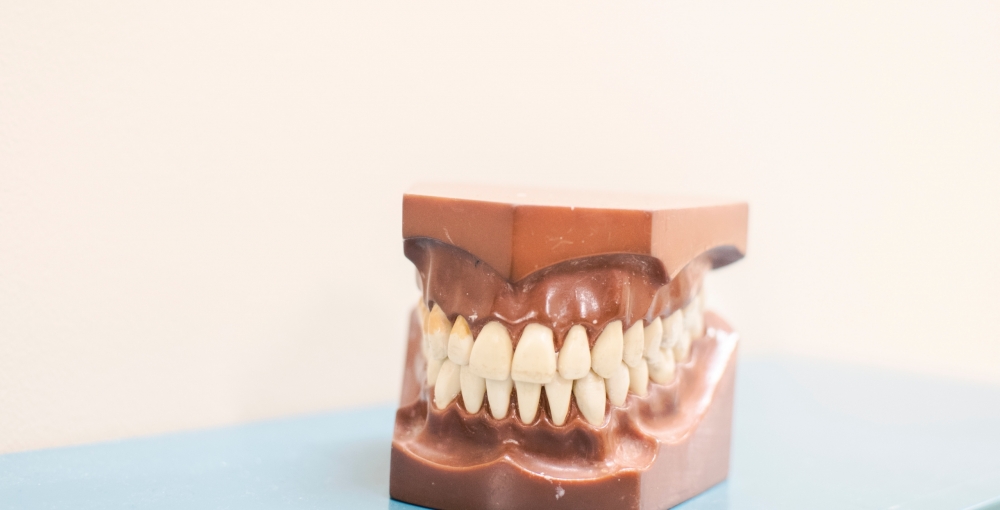 September 22, 2021
September 22, 2021
Will a Crown Damage My Tooth?
We’ve committed our lives to giving the families of the greater Carter Park gentle, personalized, and life-enhancing dental care. Improving your smiles is what we’re all about! That said, we understand that not everyone is as comfortable with dentistry as we are. That’s why we take the time to help people understand even the simplest of procedures so they feel more than educated about their health — we want them to feel confident and safe, too.
One question that we often hear in our practice is, “Will a crown damage my teeth?” It’s a fair question, because we often do have to modify a tooth when placing a crown on it, but here’s the important thing to remember when it comes to a crown: Most often when a crown is recommended, it is because the tooth in question is already damaged.
So let’s start at the beginning so you can learn everything you need to know about dental crowns.
What is a dental crown?
Simply put, a dental crown is an artificial tooth designed to restore a damaged tooth. Though tooth damage is the most common reason a person needs a crown, there are a number of reasons a crown is needed, including broken or fractured teeth, large cavities, improving the appearance of a person’s smile, promoting better dental health, or even the replacement of an existing crown.
Crowns can be made from a variety of different materials, with options ranging from stainless steel or other metal-based alloys, porcelain, ceramic, resin, and more. Different practices have different preferences for which materials are most appropriate for a dental crown, including not only the cost and permanence of the crown, but also the teeth they are designed to replace.
Whatever material your dental crown is made from, it will be bonded to your existing tooth with dental cement. If you take good care of your teeth and maintain your regular checkups with your dentist, then a crown can last at least fifteen years, if not longer, though results will vary due to various circumstances.
What does a dental crown procedure look like?
If your dentist has determined that you are an appropriate candidate for a crown (vs. a dental implant, for instance), the details of your procedure will look something like this:
Your dentist will numb the area being treated. Once this takes effect, your dentist will begin to modify the tooth that will be receiving the crown. This will look different from person to person and tooth to tooth. It’s all dependent on the level of damage that is being corrected. If your tooth has a very large cavity, then the tooth will need to be modified and filled in order to give the crown the proper shape.
Once the tooth has been properly modified, impressions of the crowned tooth must be made. Precise impressions can be made a few different ways, usually through digital scanning or medical grade putty. This ensures that the crown will have a tailored, custom fit. It’s incredibly important that when you’re being fit with a crown that it should never negatively affect your bite.
After scans or impressions are made, they’re sent to a dental lab where the crown is produced to match your tooth’s physiology, its relative color, and any other details the dentist feels is essential to the integrity of the tooth. Once the crown is produced and the dentist has given it a quality assurance check, an appointment will be scheduled to place it permanently.
Are dental crowns painful?
Though the procedure has greatly advanced over the years and is increasingly more comfortable, there are still some sensitivities that people can feel, post-procedure.
Most commonly, newly crowned teeth can feel sensitivity to hot and cold temperatures. This will usually fade away in a few weeks, but if it doesn’t, then you should contact your dentist. It can sometimes mean you’re experiencing minor nerve pain, or that the crown’s position needs to be slightly adjusted, which can be done quite easily.
Are dental crowns hard to take care of?
Dental crowns should be taken care of in the same manner as your natural teeth. As we do for your general oral health, we recommend that you brush at least twice a day while also flossing at least once per day. Give the area around your crown a little extra attention when brushing and flossing (or consider also investing in a water flosser) in order to protect your teeth and gums for bacteria.
What else should I know about dental crowns?
The Carter Park Dental team specializes in dental crown procedures, and would love to help you improve your dental health. The best way to help you understand everything you need to know about dental crowns is by booking a consultation with the team.
We’ll cover everything you need to know, including your candidacy, the materials most appropriate for your procedure should you be a viable candidate, as well as cost and insurance benefits.
Need help with a dental crown? Don’t delay!
Call Carter Park Dental today for your consultation!



